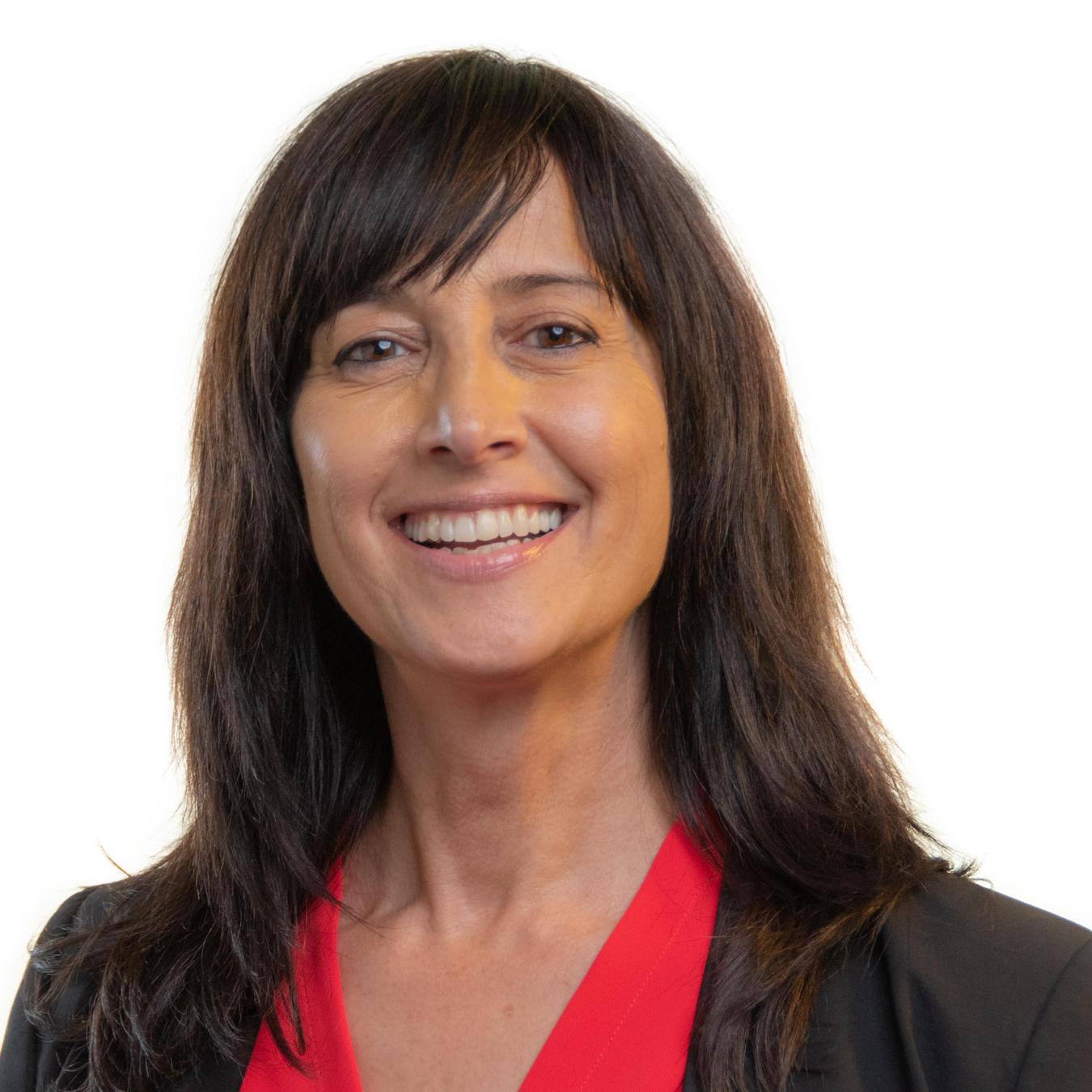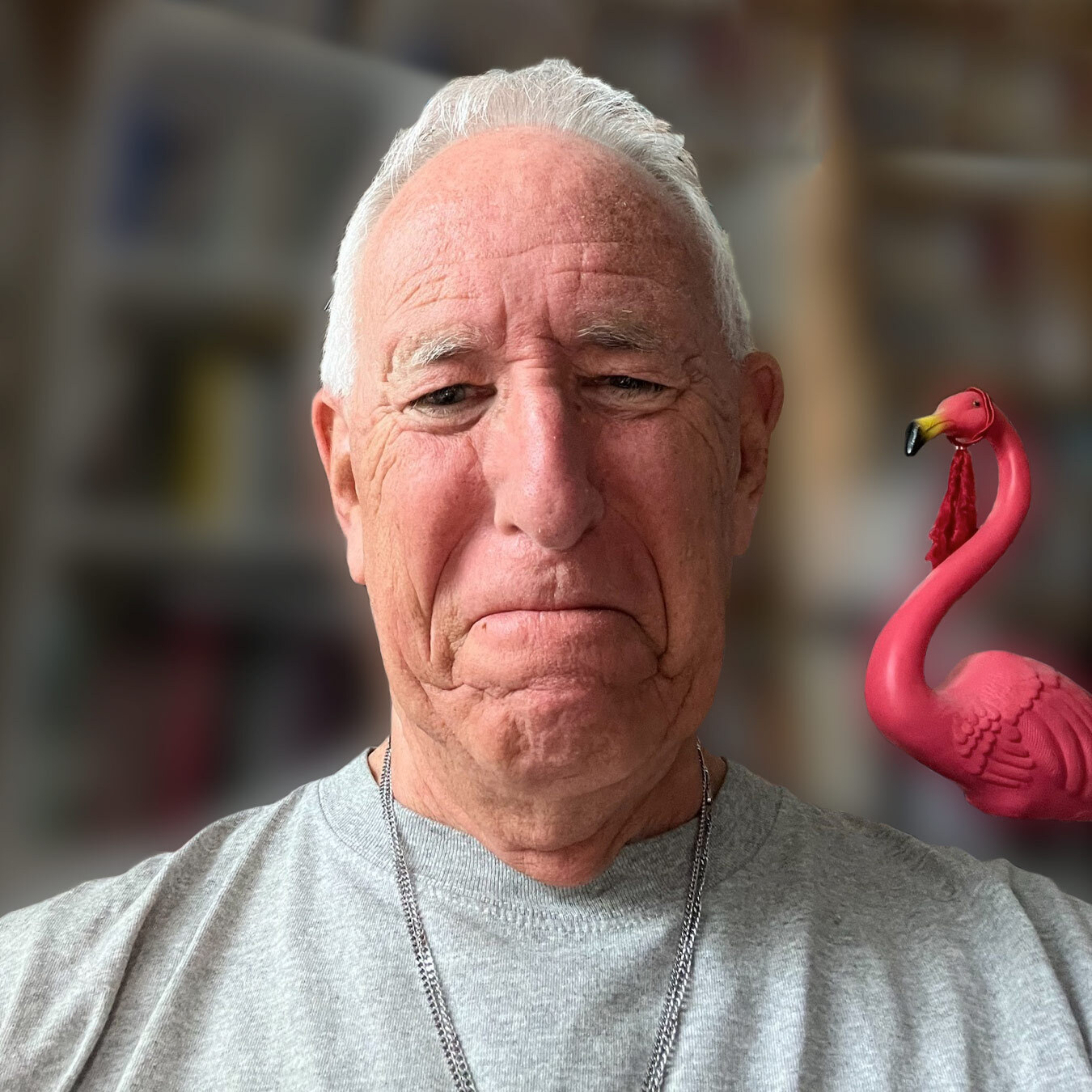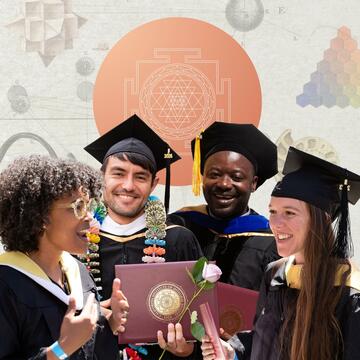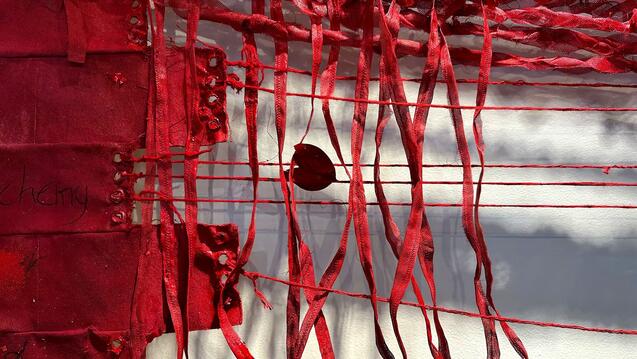An On Campus Art Exhibition Featuring the Work of Namita Paul

Book Launch: Critical Sexuality Studies, Lavender Language and Every Day Life
A conversation with editors Michelle Marzullo and William Leap
A triumphant volume that will leave you pondering new questions, reconsidering the political fabric of our language, and feeling immensely hopeful for the future of queer and sexuality scholarship. If this is the future of critical sexuality studies, count me in!
Breanne Fahs, Arizona State University, USA

Join the conversation! Celebrate the launch of the groundbreaking edited volume, Critical Sexuality Studies, Lavender Languages, and Everyday Life (Bloomsbury, 2024) with a dynamic discussion featuring editors Michelle Marzullo and William Leap.
Dive deeper and engage with the experts! Get a front-row seat to hear directly from the book's editors as they explore the powerful intersection of critical sexuality studies and everyday language use. This event promises to be insightful and thought-provoking. Here's your chance to:
- Hear firsthand from the brilliant minds behind this revolutionary work.
- Gain fresh perspectives on how critical sexuality studies and language use shape our world.
- Expand your understanding of sexuality and its profound influence on everyday experiences.
Speaker Bios

Michelle Marzullo's work bridges academic and practical applications, with experience in public health, diversity and inclusion, policy, higher education, and organizational change. She considers herself as a practicing anthropologist specializing in critical sexuality studies and currently serves as the Chair and Professor of the Human Sexuality Ph.D. Program at the California Institute of Integral Studies (CIIS), which houses the second fully accredited Ph.D. program in the U.S. in this field and a new Master's of Science.
Her research spans four primary areas: LGBTQ access to higher education, the intersection of artificial intelligence with sexual and reproductive health, workplace diversity and inclusion, and the economics of sexuality and marriage in the U.S. A mixed-methods researcher, Dr. Marzullo integrates qualitative techniques, such as interviews and discourse analysis, with quantitative data to address interdisciplinary questions.
As a convenor of scholars and advocates, she fosters a critical sexuality studies framework, emphasizing the intersections of power, sexuality, sex, and gender. She has collaborated with prominent organizations, including Ernst & Young, the Point Foundation, the U.S. Food and Drug Administration, the Human Rights Campaign Foundation, the California Department of Public Health, the Centers for Disease Control and Prevention, and Kaiser Permanente’s Division of Research.

William Leap, Ph.D. is an Emeritus Professor of Anthropology at the American University (Washington, DC). He is the founder of the now-annual Lavender Language Conference and the affiliated Lavender Languages Summer Institute. He was the senior founding editor of the Journal of Language & Sexuality (2011-2021). He is one of the co-editors of the Bloomsbury Series in Queer Linguistics.
Leap’s research interests include: gay and lesbian English [in the urban US and in Black township South Africa], audience reception of gay porn, language and sexuality in globalization, “queer language” before Stonewall, and most recently, the queer potential of translanguaging. Leap has written, edited or co-edited fifteen books addressing theory, research methods and political practice related to language and sexuality studies and to lavender/queer linguistics. His publications in US-based and in international Linguistics journals address comparable topics.
Leap’s research and writing are haunted by the reminder that people in the gender/sexual margins are still denied access to opportunity, and for that reason, people are dying. Hence, Leap’s writings are always attentive to lavender/queer subjects as speaking-speakers, but also as subjects-in-struggle against privileged, normative, and (increasingly) neo-fascist understandings of language, inequality and difference. As cultural studies icon Raymond Williams wisely reminds us, “a definition of language is, first and foremost, a definition of human beings in the world” (1977: 21.) And what lavender/queer linguistics is building is a new definition of language.



